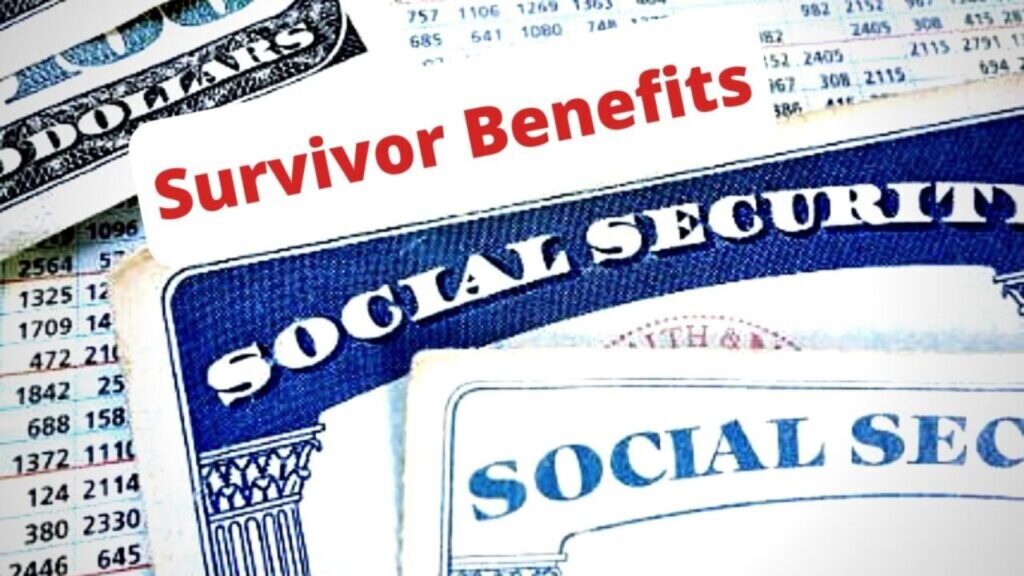SSA Survivor Benefits: Members of the Military Officers Association of America (MOAA) often talk about Social Security. People often want to know the difference between survivor benefits and spouse benefits.
Table of Contents
SSA Survivor Benefits: What is widow benefits?
People who are married to or divorced of retired workers can get up to 50% of the worker’s monthly retirement or disability benefit as spouse payments.
Social Security survivorship benefits are provided to surviving partners or ex-spouses of deceased beneficiaries.
Benefits can only be received if the retired worker is also collecting retirement or disability benefits. The spouse must be at least 62 years old or caring for a child under 16 or a disabled child.
Also Read: Texas SNAP Payment Schedule: When is the next Texas SNAP payment schedule?
Ex-spouses who are not married can apply starting at age 62, as long as they were married for at least 10 years.
People who got divorced more than two years ago can still get benefits from their ex-spouse, even if the retired worker hasn’t started getting them yet.
Benefits for a present spouse do not change when benefits are given to an ex-spouse.
Spousal benefits can be up to half of the amount the spouse would get at full retirement age. This is called the main insurance amount (PIA).
When spousal benefits are claimed at age 62, the amount is reduced to 32.5% of the retired worker’s PIA.
The benefit increases by 50 percent each year the spouse delays claiming, up to full retirement age. Delaying beyond full retirement age offers no benefit.
Also Read: Chapter 35 VA Benefits Pay Scale 2024: Check out how much you’ll get
What is survivor benefits?
Social Security survivors benefits are paid to the spouses and dependents of deceased workers who qualified for retirement benefits under Social Security.
Widows and widowers can start getting benefits at age 60, but if they do so before they reach full retirement age, they will get less money.
If the worker who died claimed benefits when they were fully retired, the person who survived them is eligible to 100% of that benefit. Early claims by the dead lower the benefits of the survivor.
Also Read: FAFSA Delays: Why do students have trouble getting financial aid?



